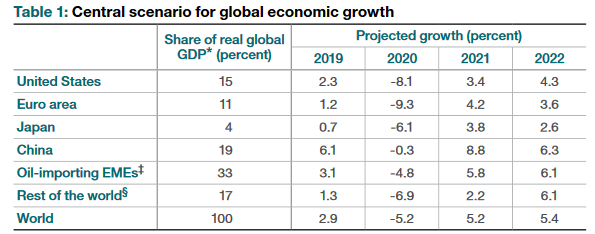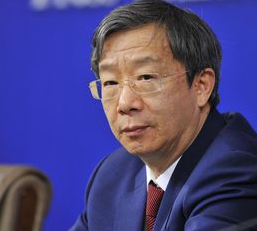 agency, n. A criminally negligent organization that purchased and securitized mortgages; a criminally negligent organization that rated mortgages and mortgage securities. The agencies were late in downgrading the Agencies.
agency, n. A criminally negligent organization that purchased and securitized mortgages; a criminally negligent organization that rated mortgages and mortgage securities. The agencies were late in downgrading the Agencies.
bailout, n. A notorious regressive tax; the public underwriting of stupid bets made by overpaid morons. Can you believe their bonus pool was $16 billion a year after the bailout?
bail out, v. To selflessly save the global economy from depression and mass unemployment. If we hadn’t bailed out AIG, the unemployment rate would be 25% right now!
bubble, n. Part of the dual mandate; the monetary policy goal of the Federal Reserve and the People’s Bank of China.
carry trade, n. A financial proposition that concludes with its adherents supine, carried out on a stretcher.
CDS, n. The simultaneous purchase of kindling, lighter fluid, matches, and fire insurance on your neighbour’s house.
conspiracy, n. The only possible explanation for certain types of irrational price action. There’s a government conspiracy to support the stock market; how else could it have rallied 70% since March? A crackpot theory held by nutjobs who can’t admit when they’re wrong. Have those conspiracy theory whackos never heard of an oversold bounce before?
credit, n. An asset universally reviled by financiers during a crisis and claimed by politicians after it.
crisis, n. A frequently occurring one-in-a-lifetime event, generally deemed impossible by those under the age of 28.
exotic, adj. Strange; unusual; rarely-seen. I didn’t think it was possible to lose $200 million in fifteen minutes, but the exotics book just did.
hedge, n. A line of closely-grouped shrubberies; a clever way of adding correlation and volatility risk to one’s portfolio.
hedge, adj. A type of investment fund generally accepted to be dedicated to the proposition of ignoring hedges of every description.
house, n. An abode; an investment. Formerly an asset, now a liability.
leverage, n. The act of turning your problem into our problem.
mine, adj. Trader-speak for a desire to make a purchase. 50 EUR/USD mine, shagger. The sole source of responsibility (and thus the rewards) for a successful trade.
option, n. A financial instrument that offers multiple ways of losing money. If being long vega doesn’t kill you , the decay will.
quantitative easing, n. An unorthodox monetary policy that targets increases in high-powered money rather than interest rates; the act of throwing sufficient sums at the financial system to ensure that the stock market starts to rally.
restraint, n. An undesirable spending habit rarely observed in public; an offense punishable by a targeted taxation regime.
risk, n. A binary analytical framework for the simpleminded; can be either off or on. A characteristic of investment that was largely forgotten in the mid-Noughties
SAFE, n. An organization dedicated to perpetuating dangerous global imbalances.
sales, n. The art of separating a customer from his money.
seat, n. The world’s most valuable furniture; a place at a market-making franchise desk at a bank. Fred made $15 million quoting prices last year, but the seat is worth $25 million!
subprime, n. An ingenious method of granting credit to the poor, thereby narrowing the wealth gap between the classes. Dick Fuld lost $650 million after Lehman’s subprime bets went sour.
volatile, adj. The temperament of your average trader on a bad day; the likely future state of financial markets after long periods of low interest rates.
Warren Buffett, n. Ebenezer Scrooge with better PR.
yacht, n. A monetary black hole; an aquatic trophy rarely seen in close proximity to banking customers.
yours, adj. Trader-speak for a desire to make a sale. 500 e-minis, yours!! Whose responsibility the average bank, insurance company, or housing agency thinks it is to pay for the financial crisis.



 agency, n. A criminally negligent organization that purchased and securitized mortgages; a criminally negligent organization that rated mortgages and mortgage securities. The agencies were late in downgrading the Agencies.
agency, n. A criminally negligent organization that purchased and securitized mortgages; a criminally negligent organization that rated mortgages and mortgage securities. The agencies were late in downgrading the Agencies.